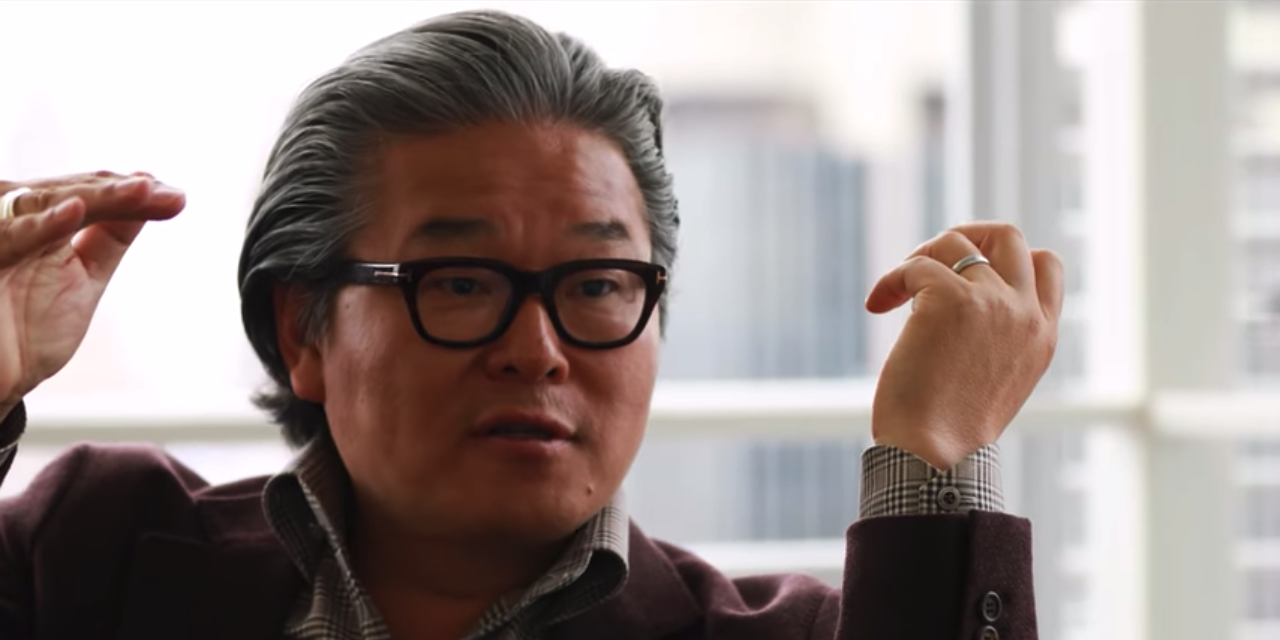
- Three Chinese tech firms will buyback $1.55 billion in shares after their stocks fell due to the Archegos' blow-up.
- Hedge fund Archegos Capital Management was forced to liquidate its positions due to margin calls from banks.
- Vipshop, Tencent Music, and GSX Techedu all announced share buybacks in the past week.
- Sign up here for our daily newsletter, 10 Things Before the Opening Bell.
The Chinese tech firms Vipshop, Tencent Music Entertainment, and GSX Techedu all announced share buybacks after getting hammered by the hedge fund Archegos' blow-up at the end of last week.
Tencent Music Entertainment's board approved a $1 billion buyback program of its class A shares over the next 12 months on Sunday.
Vipshop followed suit this week authorizing a $500 million share buyback program over the next 24 months on Tuesday. Both companies plan on using their existing cash balances for the repurchases.
Larry Xiangdong Chen, the founder, chairman and CEO of GSX Techedu, said he would use personal funds to buy back $50 million worth of his education technology company over the next 12 months in a Tuesday press release as well.
The three Chinese firms were hurt by the forced liquidation of Archegos' Capital Management, a hedge fund that failed to meet margin calls from big banks including Goldman Sachs, Morgan Stanley, Credit Suisse, Nomura, UBS, and Deutsche Bank.
Archegos' had placed leveraged bets on the Chinese tech firms, among others. When it was forced to rapidly liquidate its positions to pay back banks, shares of its holdings plummeted.
In the past week alone, as of Monday's closing price, Vipshop fell over 37% while Tencent Music Entertainment and GSX Techedu fell 36% and 56%, respectively.
The Archegos blow-up didn't just hurt the hedge fund's holdings either. Banks like Credit Suisse and Nomura have said they are facing significant losses stemming from the event.
Archegos' was run by Bill Hwang, a former protégé of the hedge-fund titan Julian Robertson, who founded Tiger Capital Management.
Hwang used "total return swaps" to borrow huge sums from banks in relative anonymity without having to put down as much collateral. "Total return swaps" allow users to take on the profits and losses of a portfolio in exchange for a fee.
The tactic has been widely criticized by economists and investors including Warren Buffett. The "oracle of Omaha" said in a 2002 letter to investors that these types of "derivatives are financial weapons of mass destruction, carrying dangers that, while now latent, are potentially lethal."
